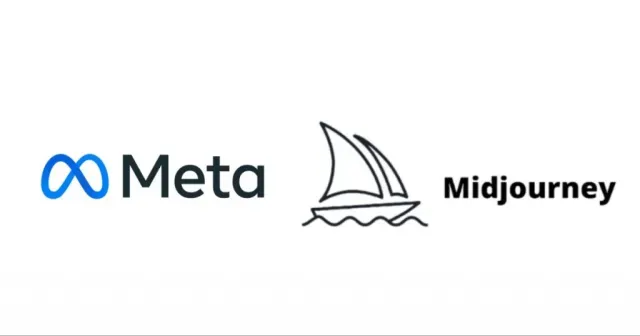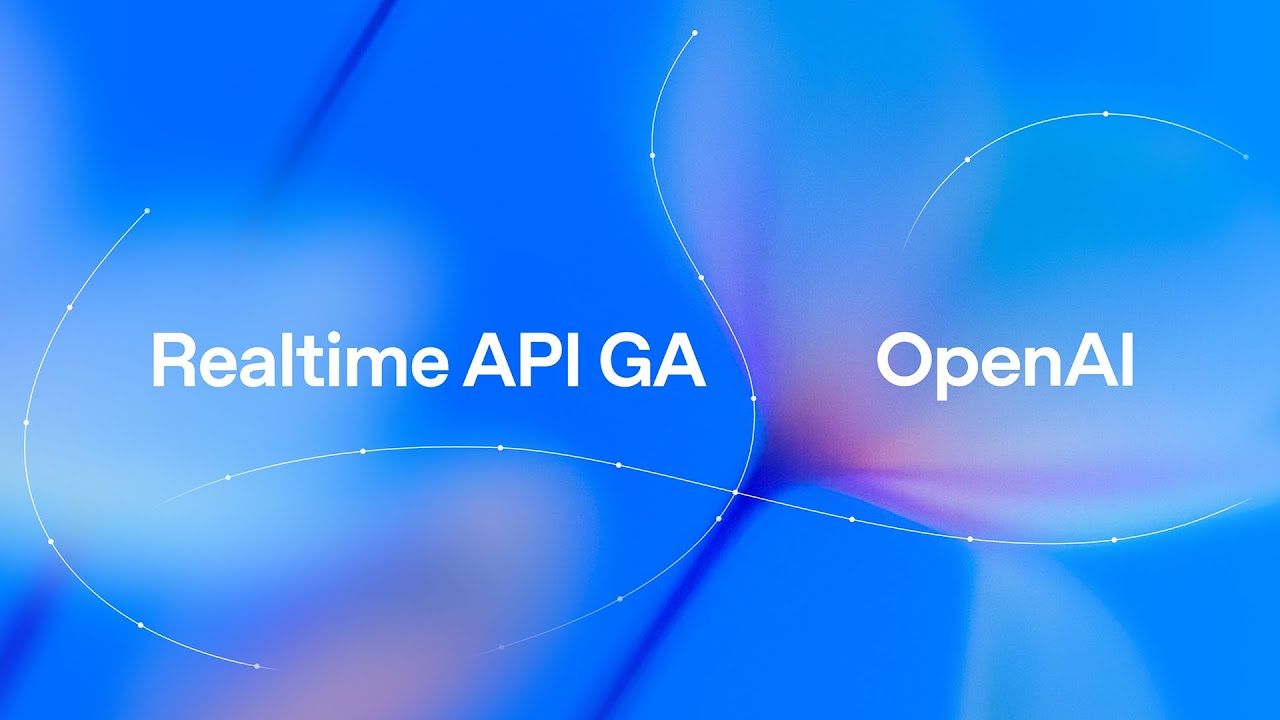Frequently Asked Questions
More topics you may like

DeepSeek-V3.1 Launches Hybrid Reasoning in One Model

Muhammad Bin Habib

Meta secures Midjourney’s creativity for its AI roadmap

Muhammad Bin Habib

OpenAI’s Realtime API Reaches General Availability with gpt-realtime

Muhammad Bin Habib

OpenAI’s ‘Stargate Norway’ aims to build a sovereign AI compute hub in Europe

Muhammad Bin Habib

Oracle Adds Google Gemini 2.5 to OCI Generative AI

Muhammad Bin Habib
